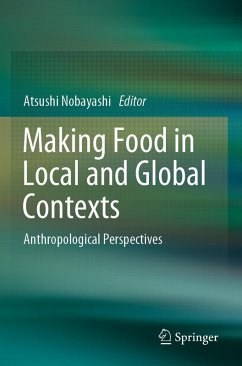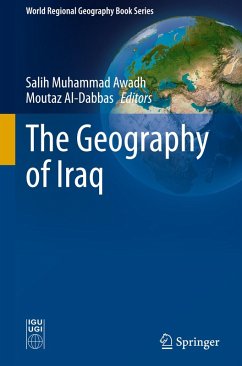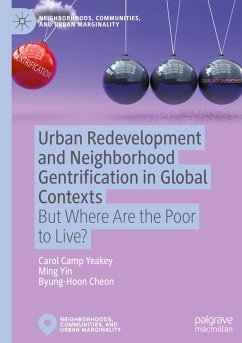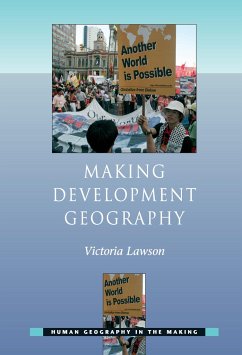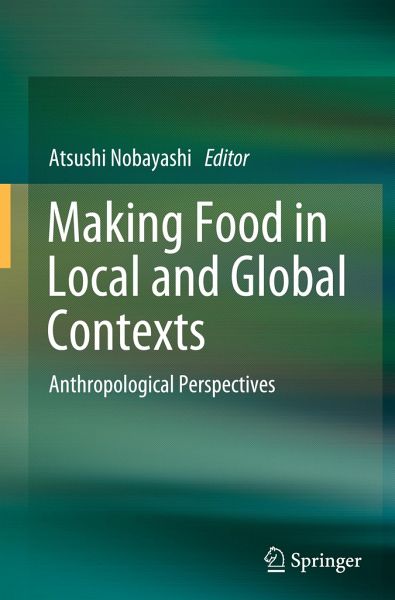
Making Food in Local and Global Contexts
Anthropological Perspectives
Herausgegeben: Nobayashi, Atsushi

PAYBACK Punkte
69 °P sammeln!
This book is a collection of research focusing on the anthropological aspects of how food is made in modern society from both global and local perspectives. Modern food consumed in any society is created in a variety of natural and cultural environments. There is a "food democracy" in which how we procure and share food can be an indicator of our participation in society, while food nurtured in particular climates and land can be transmitted to the outside world owing to the influence of tourism and the global economy, a phenomenon that is recognized on a global scale as exemplified by the UNE...
This book is a collection of research focusing on the anthropological aspects of how food is made in modern society from both global and local perspectives. Modern food consumed in any society is created in a variety of natural and cultural environments. There is a "food democracy" in which how we procure and share food can be an indicator of our participation in society, while food nurtured in particular climates and land can be transmitted to the outside world owing to the influence of tourism and the global economy, a phenomenon that is recognized on a global scale as exemplified by the UNESCO Intangible Cultural Heritage. In other words, food is an aspect of both culture and civilization. Anthropological approaches are used to reveal the humanistic aspects of food, highlighting the strength and individuality of regional and ethnic foods in global civilizations. The book is a compilation of results from sessions of the international symposium "Making Food in Human and Natural History", which took place on March 18 and 19, 2019, in Osaka, Japan.





